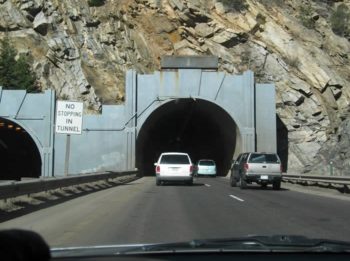Climate activists want to shut down the economy. They want to throw coal miners, oil workers, livestock farmers, and airline employees out of work. But when jobs start disappearing, public support for climate action drops sharply. And vice versa.
The above graph shows 13 years of data gathered by a US polling company, Pew Research. I’ve discussed this research elsewhere. It tracks the percentage of the American population that considers climate change a ‘top priority’ relative to other issues.
This data can be confusing because every item on the long list that Pew reads to those being polled is considered a ‘top priority’ by some portion of the population. Isolating two topics helps bring matters into focus.
In this graph, the percentage of people who think the economy should be a top priority is represented by the blue bars. The percentage who think the climate should be a top priority is represented by the red ones.
Poll results must always be taken with a grain of salt. Surveys can be skewed from the outset. Their methodology can be biased. Their results are subject to cherry-picking. (For an example of all three, see my critique here.)
Nevertheless, polls are an important source of data about what the wider population thinks – as opposed to what journalists and political activists think.
It would seem that something rather obvious is going on. When people are worried about finding a job and paying their bills, there’s less room in their heads and hearts for hypothetical concerns.
Relative to Pew’s long list of other issues, climate change always ranks near the bottom or dead last. It has never been an urgent priority for a large percentage of the American public.
Individuals may say they’re concerned about the climate, but they’re more concerned about practically everything else.
Attention climate activists: Public support for climate measures appear to be closely connected to a strong, healthy, growing economy. Policies that undermine the economy are therefore counterproductive.
Read more at Big Pic News


















The zeitgeist is every bit as complex and chaotic as the climate. Our economy has been changing from agriculture to industry to services. How many different definitions of prosperity are there? What percentage of the respondents have secure (government) jobs divorced from economic cycles? More and more.
How many people see carbon taxes as a way to get other people to pay for government?
Some poor soul scrapping by to put food on the table can’t worry about the weather in 50 years. Only the elite and wealthy have that luxury.